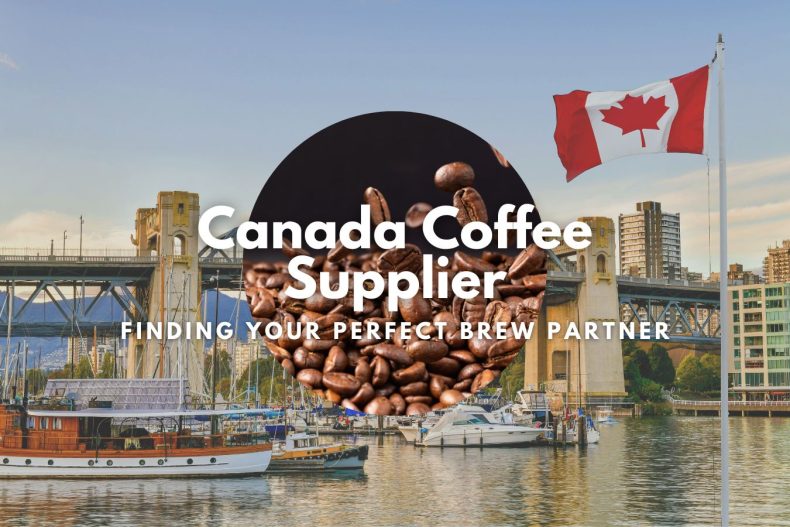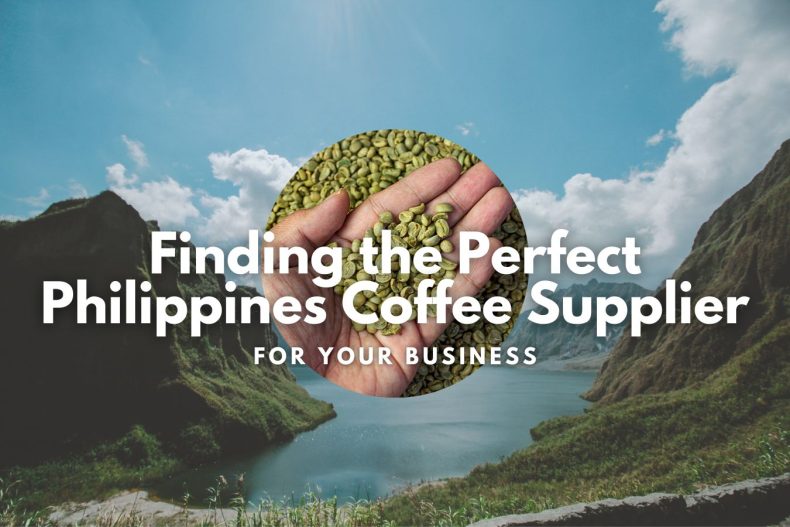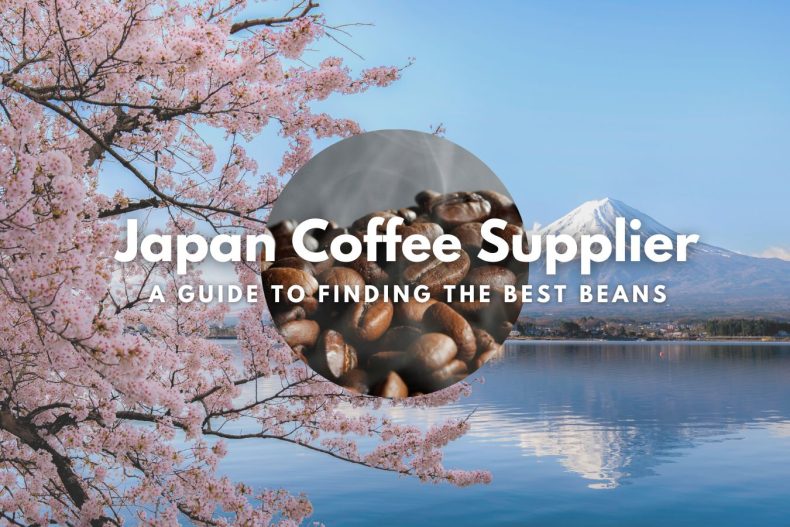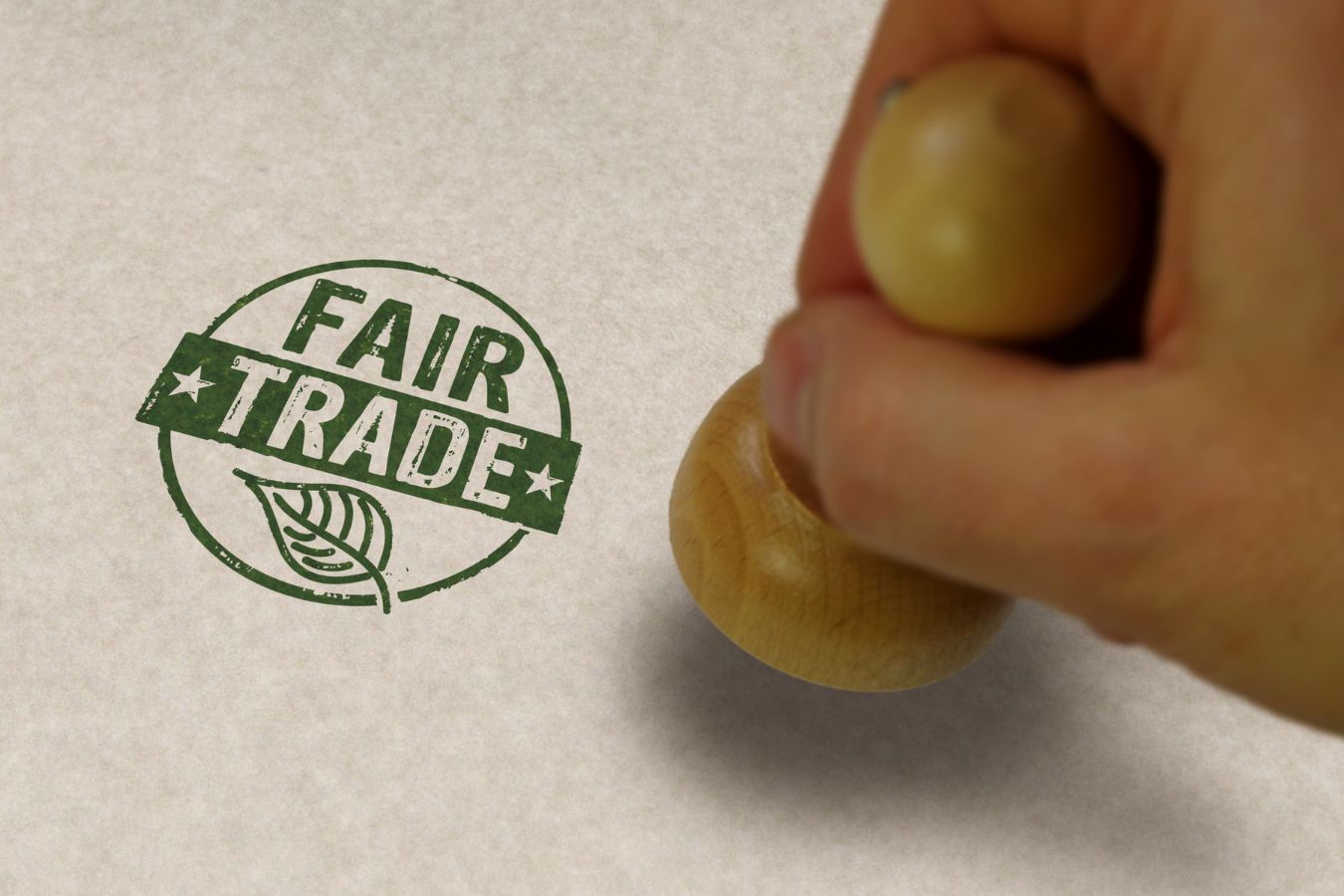
Fair Trade Certified Green Coffee Supplier: Fair Trade Coffee is a company that sells coffee developed by Fair Trade criteria to build trade relationships based on communication and openness. To increase justice in global trade and respect.
This article focuses on clarifying the concept and starting point of Fair Trade and how to get certified Fair Trade and introduce a Fair Trade-certified green coffee supplier.
A summary of Fair Trade / Fairtrade certification
This is a list of simplifying the primary standards and principles of Fairtrade International (FLO) and Fair Trade USA.
- The products are certified to be priced with an integrated premium. The manufacturer uses a part of this Clause to reallocate to the development, improvement or maintenance of their production.
- Certified manufacturers must also purchase goods at a higher price called Fair Trade’s “floor price”. To protect farmers in case the market decline or crises.
- Certified manufacturers must participate in healthy environmental practices such as appropriate waste management.
- Maintain water sources, use limited and responsible agricultural chemicals and protect soil fertility.
GMO (genetically modified crops) - Producers are certified not to be used for children or oppress labour.
- It is necessary to approve and comply with regular assessments.
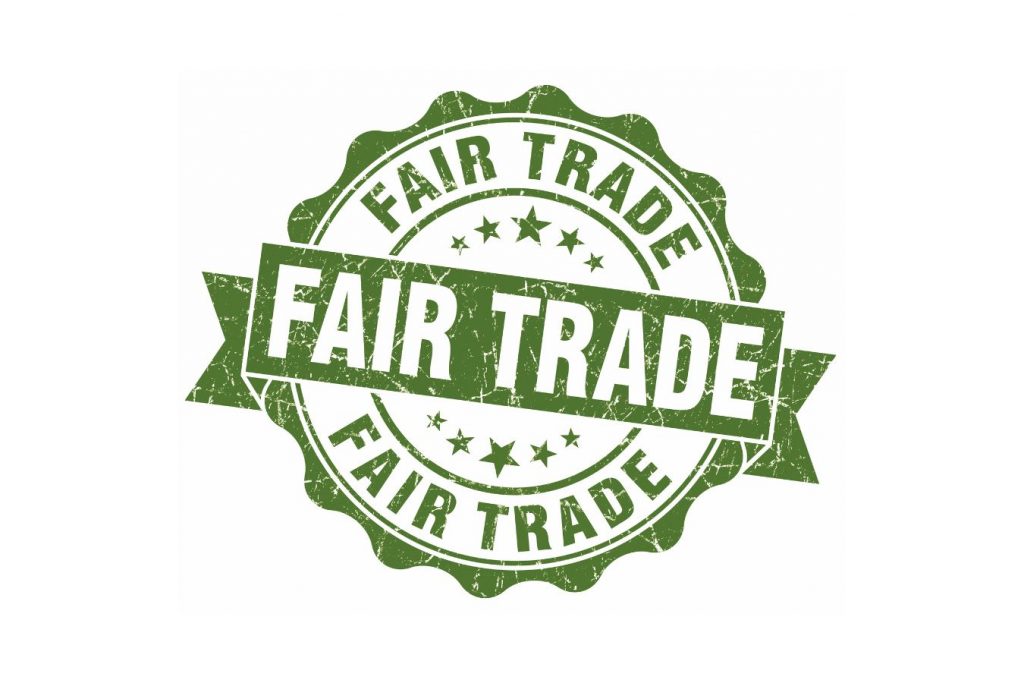
The definition of “Fair Trade”
The phrase “fair trade” is used in a number of different ways throughout this section, including “fair trade” with two lowercase letters, which is how we refer to the broader fair trading ideology. Before fair trade became a certification, it was a movement.
A certifying organization with its headquarters in the United States would also be referred to as “Fair Trade” until the 1940s, with both words capitalized. When the term “Fairtrade” is used in writing, it means that Fairtrade International, also known as the FLO (Fairtrade Labeling Organization International), is involved.
There are numerous ways to explain or define what Fair Trade / Fairtrade implies however, the most typical form you will probably hear it is a condensed version of the statement “it means that the producer (farmer) gets paid a lot.” extra payment for their services or goods;
Additionally, obtaining some Fair Trade or Fairtrade certification typically comes at a cost.
Getting certified as Fair Trade
To apply and be evaluated, manufacturers interested in certification must first comply with the standards set by the FLO-CERT, FT-USA, or other monitoring authorities. This procedure may require several months or maybe longer.
In accordance with the process’s complexity, certification charges will also change. For instance, firms will probably need to make investments in their operations at the group and individual farm levels to attain certification compliance, increasing the cost. The number of manufacturers hired labour, etc., will all influence audit expenses.
To show conformity, sellers (such as those who purchase certified coffee) and roasters must register with the Fair Trade / Fairtrade certification agencies. This means that roasters who intend to sell goods with the Fair Trade / Fairtrade label must take the same steps.
Why and since when is it crucial to pay more money?
How did Fair Trade Certification come to be, specifically?
Many religious, charity or non-governmental organizations (NGOs) started looking to create supply chains in the 1940s to respond to the cycle of exploitation and abuse by globalizing capitalism.
A more equitable response between consumers and producers, particularly those in the Global South or nations whose economies were badly impacted by colonialism. From this initial idea, business models like Ten Thousand Village have developed, selling textiles, artwork, crafts, and other items to raise money for strengthening their local supply chains.
Throughout the 1960s, and particularly in Europe, opposition to labour exploitation through international trade gave rise to the “Trade not Aid” philosophy.
This led to the emergence of alternative trade initiatives (fair trade) intended to avoid supply chain complexity by connecting buyers and sellers directly through business networks, stores, catalogs, and other highly specialized media.
During this period, alternative business groups like Oxfam were created.The idea of fair trade was transformed into something more defined and identifiable in the late 1980s due to customer desire for dependability and traceability… quickly dispersed through several (instead of specialized) channels.
Fair Trade coffee: Is it superior?
We should discuss some of the advantages and disadvantages of certification, just like any other model, philosophy, or practice in the speciality coffee sector. This before making a decision.
Fair Trade/Fairtrade accreditation has definite advantages, such as:
- Create possibilities for small, independent manufacturers and give them entry to the market with a marketing edge.
- Due to the premium attached to certification, the possibility of earning more excellent coffee prices exists.
- They are reducing any hazards with a price floor.
- Encourage and ensure eco-friendly farming and processing methods.
- Struggle to stop the use of child, coerced, or forced labour
- Training, assistance, and knowledge are provided to manufacturers. increase traceability
Helena Coffee – Fair Trade Certified Green Coffee Supplier
Vietnam’s Helena Coffee Vietnam JSC, founded in 2016, is a company that exports coffee. After years of growth, we are now among the top Vietnamese speciality coffee producers and exporters on the international scene.
Our speciality is Vietnamese coffee products, including green coffee, instant coffee, roasted coffee, and other coffee items.
Come to Helena Coffee to find a knowledgeable, enthusiastic, and attentive team eager to assist you and address your questions. We consistently offer the best products at honest and competitive costs.
Helena Coffee, a Fair Trade certified green coffee provider, ensures that our products adhere to high social, economic, and environmental standards.
We will frequently review the market and alter prices as appropriate to give our clients the most terrific deal on each product. We trust the aforementioned justifications will provide you with more peace of mind while selecting us as your supplier.
Communications
For more information, contact:
Company office: 124 Ngo Quyen, Buon Ma Thuot, Dak Lak, Vietnam
Phone number (Whatsapp/Telegram): +84 789 818 828 (Mr. An) / +84 262 392 8688
E-mail: helenacoffee.jsc@gmail.com
Website: helenacoffee.vn
